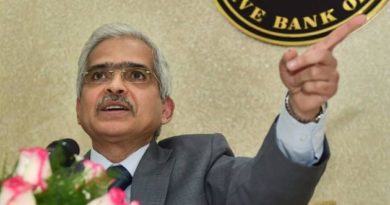Banking Editorial April 2025
In a notable move, the RBI clarified that IndusInd Bank remains well-capitalised, even as it directed the bank to undertake remedial actions in Q4 FY25. This approach highlights the regulator’s preference for early intervention and supervisory transparency, thereby strengthening public and investor confidence in the banking sector.
A major highlight this month was RBI Governor Shaktikanta Das’s strong reprimand to banks over grievance redressal practices. He cautioned banks against the frequent mis-classification of customer complaints as service requests—a tactic that leads to under-reporting and diminishes the credibility of internal complaint resolution mechanisms. The Governor reiterated that banks must acknowledge the true nature of complaints, respond transparently, and improve their service standards rather than manipulating reporting metrics. This reflects the regulator’s growing focus on customer-centric banking, where accountability and transparency in handling complaints are seen as critical components of trust-building in a digital-first environment.
Meanwhile, from May 2025, the RBI will raise transaction fees for banks using the UPI system from ₹2 to ₹23. This revision reflects the growing need to make digital payments infrastructure financially sustainable, although it must be implemented carefully to avoid discouraging low-value transactions and affecting small merchants.
In a forward-looking observation, the RBI reminded that regulations should not unintentionally hinder financial inclusion. While maintaining prudence, it stressed the need to strike a balance between oversight and accessibility—particularly important for expanding credit to rural and underserved segments.
Further, the RBI cautioned NBFCs against taking on risk beyond their absorption capacity, underlining the importance of capital adequacy and disciplined risk management in the shadow banking sector.
Together, these actions reflect a calibrated regulatory approach—protective yet enabling, focused on long-term financial stability without stifling innovation or inclusion.


